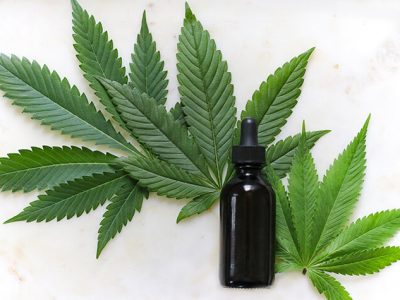A Canadian citizen received a life-long ban on entering the US after hemp oil was found in her belongings at the border.
The US Border Patrol has banned a Canadian from crossing the border after cannabidiol in the form of oil was found in her backpack. Cannabidiol is a non-psychoactive cannabis product that Canada has used to treat the painful side effects of scoliosis.
Currently, the woman is awaiting a decision allowing her to re-enter the United States.
After Canada legalized cannabis last year, thousands of Canadians were denied entry to the United States only because they admitted having smoked weed once in their lives. Other Canadians were prohibited from entering the United States for life for transporting cannabis products across the border.
Although some American states have lifted the ban, possession of cannabis remains a federal criminal offense and, like heroin, cannabis remains a controlled substance under the US federal law.
The US border, of course, is regulated by federal law. Travelers are prohibited from transporting hemp and related products across the border — even after the U.S. government removed industrial hemp from the list of controlled substances in December 2018.
The Canadian woman said she knew that cannabis was banned at the border. But she did not realize that the same rules apply to cannabidiol oil, which she has used for medical purposes.
The woman was fined $500 for failing to declare oil. She also gave fingerprints and was subsequently refused entry to the United States.
After that, she had to complete a bunch of documents and fill out an application on a new US online portal called e-SAFE in order to regain permission to enter the United States. This application that costs $600 is required for all people who are denied entry to the United States after deportation.
The process of regaining permission to enter the US is difficult. The US government will require a criminal record check, reference letters, letters of remorse for past mistakes, proof of employment, and documents indicating the person’s place of residence and time in employment.
In some cases, the US border authority will require a drug test to check whether a person is under the influence of illegal substances.
Do not repeat others’ mistakes. If you do not want to get a life-long ban on entering the United States and gather documents for legal rehabilitation for months, do not risk it and leave all marijuana products at home.

